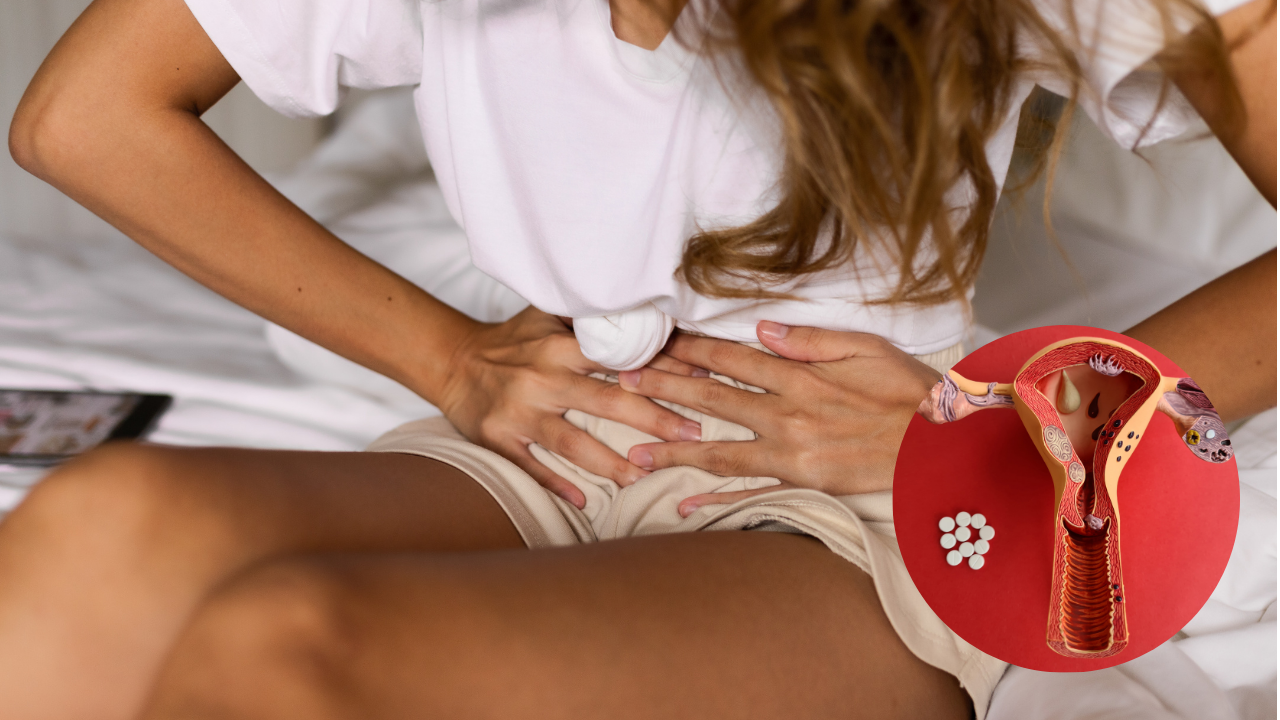Low FODMAP Diet Could Help Women with Endometriosis Finally Tackle Debilitating Gut Symptoms, Study

SummaryA trial shows the low FODMAP diet can significantly ease chronic gut issues in women with endometriosis. This marks the first evidence-based dietary approach offering real relief where current treatments often fall short, improving pain, bloating, and quality of life.
End of Article
